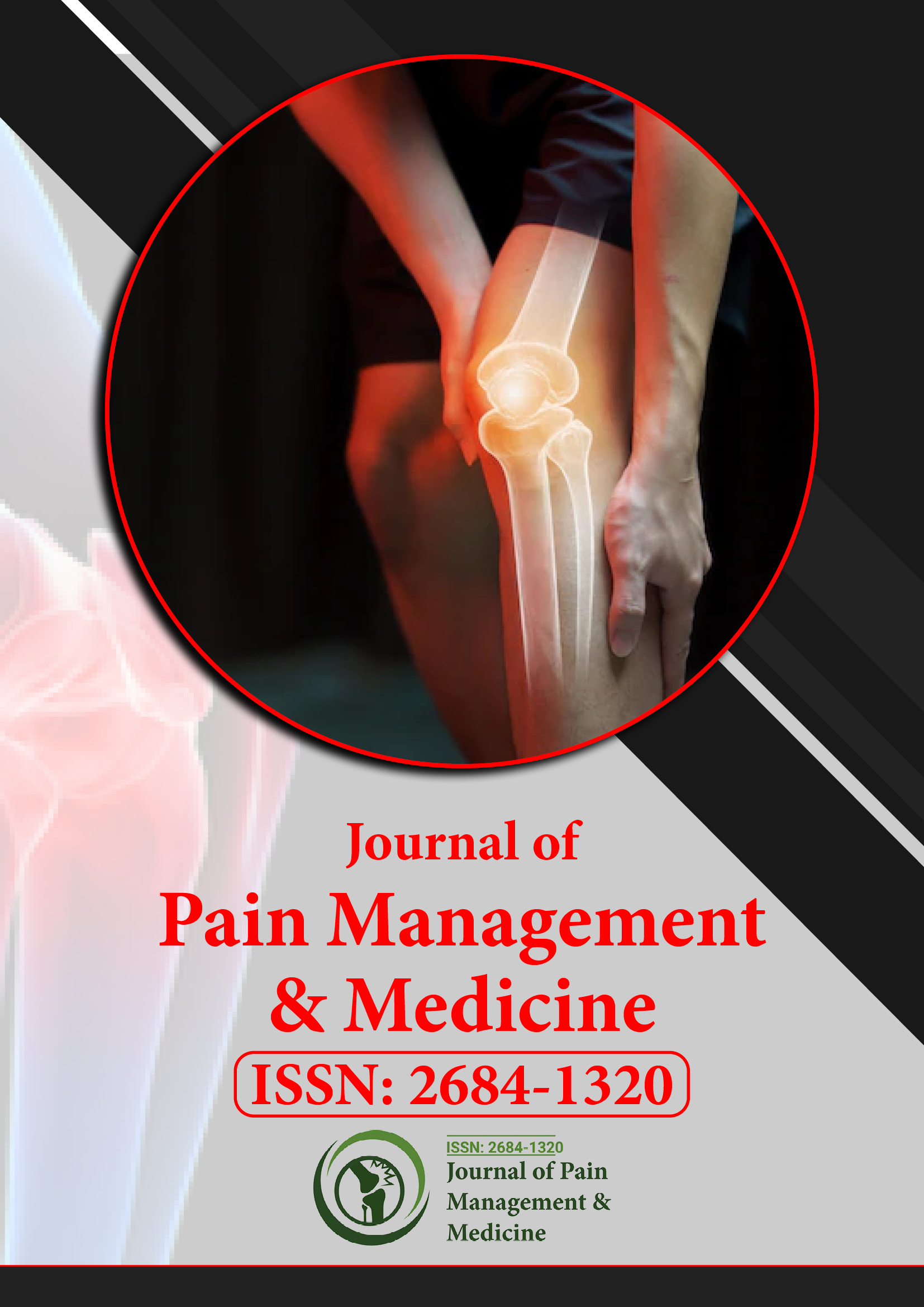索引于
- 参考搜索
- 哈姆达大学
- 亚利桑那州EBSCO
- 普布隆斯
- 欧洲酒吧
- 谷歌学术
- 优质开放获取市场
分享此页面
期刊传单

抽象的
大麻素治疗慢性疼痛:随机对照试验的严格审查
萨玛·哈桑
持续性或慢性疼痛 (CP) 仍然是加拿大最具挑战性的健康问题之一。据估计,CP 影响了大约 29% 的加拿大人口。CP 的影响是巨大的,因为它会导致生活质量严重下降以及残疾发生率惊人上升。许多方法,包括药理学、生理和心理,已被提出用于治疗 CP。然而,这些选择总是与显著的副作用或长期疗效不显著有关。值得注意的是,许多患有 CP 的患者现在甚至没有处方就使用大麻素。因此,越来越多的患者声称使用大麻可以减轻他们的疼痛。但迄今为止,医学界还没有达到同样的确定性水平。这种情况为探索大麻素对 CP 的真正有效性提供了令人信服的理由。本文的目的是严格审查 RCT 用于研究大麻素有效性的方法学质量和结果测量,以确定此类试验中的实际效果。
免责声明: 此摘要通过人工智能工具翻译,尚未经过审核或验证